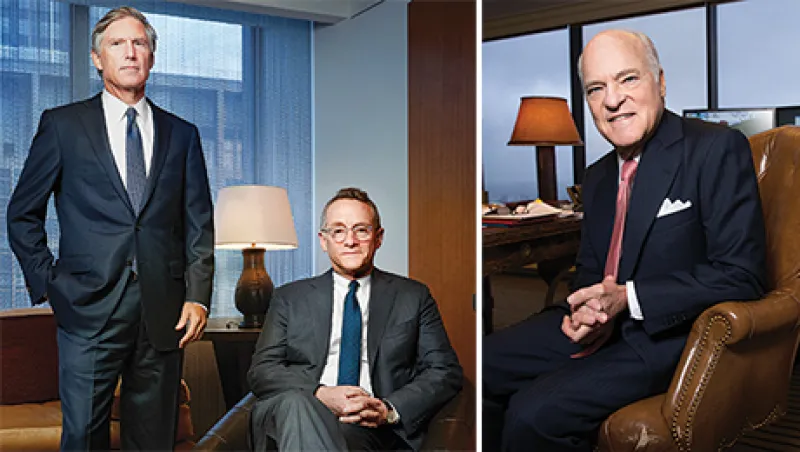
Invest with the Best: The 2015 U.S. Investment Management Awards
The winning managers and investors in our latest U.S. Investment Management Awards excel at understanding markets and picking securities.
Julie Segal
May 4, 2015



